About Us
Information on The CAN Story, our Advisory Committee, The CANdex, and our Staff
The CAN Story
The brain holds the great mysteries of our time.
Neuroscientists devote their lives to improving brain health because nothing is more destructive and frightening than brain disease. The emotional and financial costs of brain disease affect every Albertan.
Campus Alberta Neuroscience (CAN) was established by the Alberta neuroscience community in 2012 with support from the Government of Alberta to accelerate understanding of the brain, improve brain health through collaboration, develop the province as a centre of neuroscience excellence, and improve quality of life in Alberta and beyond.
Alberta has three strong university centres for neuroscience that work in partnership to form Campus Alberta Neuroscience (CAN):
· Calgary’s Hotchkiss Brain Institute (HBI)
· Edmonton’s Neuroscience and Mental Health Institute (NMHI)
· Lethbridge’s Canadian Centre for Behavioral Neuroscience (CCBN)
Campus Alberta Neuroscience currently works in the areas of Computational Neuroscience, Depression, Healthy Brain Aging and Dementia, Multiple Sclerosis, Nervous System Injury, Neuroimaging, as well as the intersections of Pain, Opioids, and Cannabis.
Our network helps accelerate new research advances, both of pure discovery and those with the potential for translation into new products and protocols. Together, our organization and partners push towards creating new ways for students, researchers, and industry to work, learn, and innovate collaboratively to help make Alberta the epicentre for brain scientists.
Advisory Committee

The Advisory Committee is made up of:

Chair: Dr. Rob Sutherland
UNIVERSITY OF LETHBRIDGE
Dr. Sutherland is Professor & Chair of the Department of Neuroscience in the Canadian Centre for Behavioural Neuroscience at the University of Lethbridge, where he is also an Alberta Heritage Foundation for Medical Research Scientist. His current research investigates the neurobiology of learning, memory and amnesia in rodents and humans.

Dr. Katherine Aitchison
UNIVERSITY OF ALBERTA
Dr. Aitchison is a Professor in the Department of Psychiatry, an Adjunct Professor in the Department of Medical Genetics and the Associate Director, Mental Health, for the Neuroscience and Mental Health Institute at the University of Alberta. She is a Consulting Psychiatrist with the Edmonton Early Psychosis Intervention Clinic (EEPIC) and the Edmonton Mood and Anxiety Disorder Program. Dr. Aitchison has published more than 290 papers, many in prestigious journals. She has also coauthored a book entitled “First Episode Psychosis” that has been used worldwide and translated into Korean.

Zachary Bailey
UNIVERSITY OF CALGARY
Mr. Bailey is a Neuroscience MSc student in the Ousman laboratory and the HBITO Education Director at the University of Calgary. His research involves uncovering mechanisms behind disease progression in multiple sclerosis. As Education Director of the HBITO, Zachary focusses on providing trainees and faculty with educational opportunities beyond the classroom.

Dr. Lawrence Korngut
UNIVERSITY OF CALGARY
Dr. Korngut is a neurologist and Director of the Calgary Neuromuscular Program and the Calgary ALS and Motor Neuron Disease Clinic. His research includes phase II and III clinical trials of new therapies for neuromuscular conditions. Lawrence is an entrepreneur focused on building companies commercializing leading-edge neurotechnologies. He is the co-founder and Chief Medical Officer of Dataffinity Health Inc, a successful Calgary-based digital health company. Lawrence serves as Director, Innovation and Commercialization, at the Hotchkiss Brain Institute where he leads efforts support researchers to commercialize exciting emerging neurotechnologies into clinical use.

Dr. Artur Luczak
UNIVERSITY OF LETHBRIDGE
Dr. Luczak is using electrophysiological and machine learning methods to study information processing in the brain. One of his main contributions is a development of ‘neuronal packet’ concept, which describes basic building blocks of neuronal code (Luczak et al. Nature Rev Neurosci 2015). Supported by CIHR funds, Luczak’s lab is also studying changes in neuronal activity caused by epilepsy (Neumann et al. Brain 2017), and develops Deep Neural Network for behavioural analyses (Ryait et al. PLOS Biology 2019). For his research, Dr Luczak was awarded NSERC Accelerator (2015), and elected to the College of the Royal Society of Canada (2016).

Dr. Vivian Mushahwar
UNIVERSITY OF ALBERTA
Dr. Mushahwar received her B.Sc. degree in electrical engineering from Brigham Young University, Provo, UT, USA in 1991 and a Ph.D. degree in bioengineering from the University of Utah, Salt Lake City, USA in 1996. She received postdoctoral training at Emory University, Atlanta, GA, USA in rehabilitation medicine and the University of Alberta, Edmonton, AB, Canada in neuroscience. She is currently a professor in the Department of Medicine, Division of Physical Medicine and Rehabilitation at the University of Alberta, a Canada Research Chair (Tier 1) in Functional Restoration, and a Killam Professor. She is also the director of the Sensory Motor Adaptive Rehabilitation Technology (SMART) Network at the University of Alberta. Her research interests include identification of spinal-cord systems involved in locomotion, development of spinal-cord-based neural prostheses for restoring mobility after spinal cord injury, identification of rehabilitation interventions coupled with neuromodulation for enhancing mobility, and the use of active intelligent wearable devices for preventing secondary complications associated with neurological conditions including spasticity, pressure injuries, and deep vein thrombosis.

Dr. David Park
UNIVERSITY OF CALGARY
Dr. Park is an internationally recognized expert in molecular biology, Director of the Hotchkiss Brain Institute, and Professor in the Departments of Clinical Neurosciences and Cell Biology & Anatomy at the University of Calgary. He completed his PhD in biochemistry at Rutgers University followed by post-doctoral training in neurobiology at Columbia University. His focus is on understanding the cellular mechanisms involved in Parkinson’s disease and stroke-related neurodegeneration. He has published over 300 peer-reviewed and invited articles.
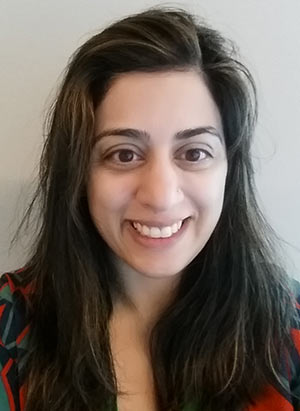
Dr. Kiran Pohar Manhas
NEUROSCIENCES, REHABILITATION & VISION (NRV) STRATEGIC CLINICAL NETWORK
Dr. Kiran Pohar Manhas is the Assistant Scientific Director with NRV Strategic Clinical Network. Kiran is an interdisciplinary researcher with degrees in pharmacy (UBC), law (UVic), health research (McMaster), and bioethics (University of Calgary). Prior to her current role, she completed a CIHR-AHS Health System Impact Fellowship at Alberta Health Services examining the implementation of a novel Community Rehabilitation Model of Care. Her research expertise in health services and policy research involves multiple methodologies including stakeholder engagement, mixed methods research, knowledge syntheses, qualitative (interviews and focus groups), theoretical/policy analysis, consensus development processes and surveys. Content-wise, her research touches upon access and delivery of rehabilitation, quality indicator development, implementation science, transitions across the care continuum, patient experience, system access, and, pressure injury prevention. Her research has been externally funded provincially and nationally, as well as published in many peer-reviewed publications.
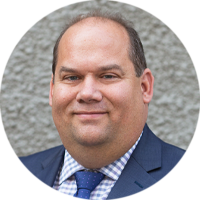
Robb Stoddard
BIOALBERTA
Mr. Stoddard has focused much of his career on working with organizations to fundamentally change the way they do business using technology as a strategic enabler. As co-founder of a successful consultancy, Robb has worked with health and technology companies of all sizes to build and execute business development plans and engagement strategies and advocate for policy and regulatory changes at the municipal, provincial and federal levels. Robb is the President and CEO of BioAlberta. Where he is focused on increasing member engagement, regional collaboration and generating advocacy initiatives at both the provincial and federal levels. Prior to joining BioAlberta, Robb has been a consultant to emerging companies in the technology and health sectors and an executive with numerous technology related companies. Robb also has extensive executive management experience from more than 15 years public service, including serving Government of Alberta as: Assistant Commissioner, Labour Employment Practices; Corporate CIO and Chief Strategist; and, Director of Operations, Office of the Premier.
Robb is a born and raised Albertan and a graduate of the University of Alberta’s Faculty of Business. He lives with his wife, Pam and children Alyssa and Zach. As a family they enjoy time in the mountains camping, hiking, and fly-fishing, and sports such as golf, hockey and lacrosse.

Lana Tordoff
PARKINSON ASSOCIATION OF ALBERTA
Lana Tordoff, is a Chartered Marketer with 25 years experience in marketing, communications, leadership, strategy, change management and organizational operations in both the public and private sectors. She joined the Parkinson Association Alberta (PAA) in 2019 and the Alberta Neuro Network shortly thereafter. In addition to delivering non-medical emotional, social, educational and physical programming, PAA has a keen interest in ensuring that Alberta remains a leader in supporting research opportunities in Parkinson disease and related neurological disorders.

Dr. Ian Winship
UNIVERSITY OF ALBERTA
Dr. Winship is an Associate Professor in the Department of Psychiatry at the University of Alberta. He is Director of the Neurochemical Research Unit in the Department of Psychiatry, a member of the Steering Committee for the Neuroscience and Mental Health Institute at the University of Alberta, and Chair of the Campus Alberta Neuroscience Education Committee. He has served on scientific review committees with national agencies including the Canadian Institutes of Health Research and the Heart and Stroke Foundation of Canada. His research uses advanced imaging and behavioural assays in models of brain disease to identify novel pathophysiology and innovative therapies for these disorders.

Dr. Doug Zochodne
UNIVERSITY OF ALBERTA
Dr. Zochodne joined the Department of Medicine at the University of Alberta as Divisional Director in Neurology in July 2014. He is also Co-Director of the Neurosciences and Mental Health Institute. Along with his administrative responsibilities, Dr. Zochodne has an extensive research program that has been transplanted to the U of A. He has held independent, peer-reviewed funding for over 20 years, which includes funding from CIHR, NIH, AHFMR, among others. He has published over 230 peer reviewed papers and was the recipient of the 2011 Wolfe Prize from the American Neurological Association for his neuropathy research. Dr. Zochodne and his research team have made significant contributions in experimental diabetic neuropathy and peripheral nerve regeneration.
Staff

Campus Alberta Neuroscience is a province-wide team working across three Alberta campuses – the Universities of Alberta, Calgary, and Lethbridge – to support and facilitate collaborative research, education, translation, and innovation in neuroscience and mental health. By developing new and additional ways for students and researchers to work, learn, and discover together, we aim to establish Alberta as the world’s leading destination for brain scientists.
For information and all inquiries: albertaneuro@ucalgary.ca | 403-220-2422
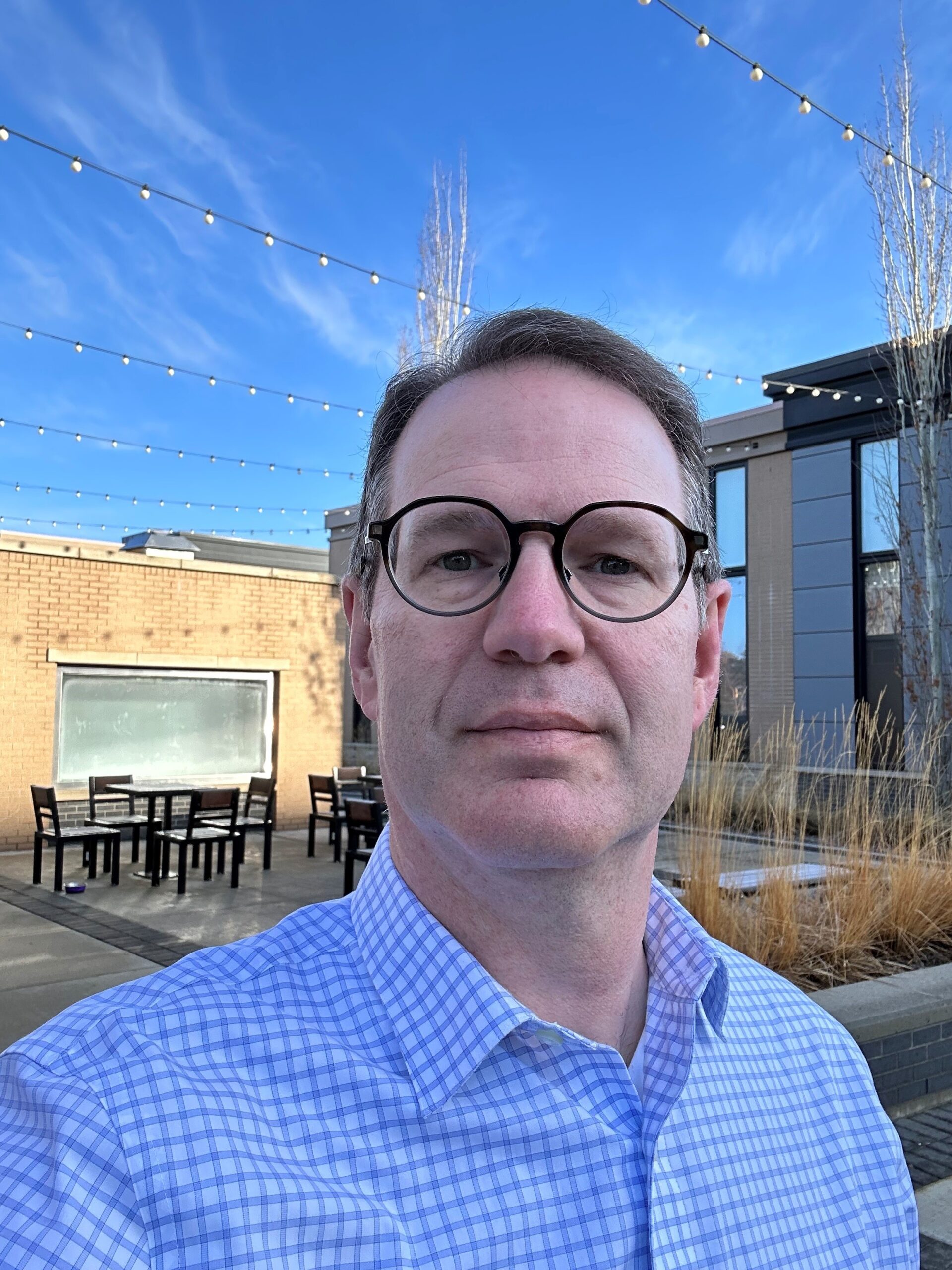
Neil Neary
EXECUTIVE DIRECTOR
Based at the University of Alberta
As the Executive Director, Neil is responsible for managing the diverse network activities and events of Campus Alberta Neuroscience and leading the team to deliver projects and programs. Neil has a BA in Psychology from Queen’s University and a Master of Public Health in Health Promotion from the University of Alberta, where he worked on systems approaches for the prevention of childhood obesity. Neil is joining us from just outside of Edmonton and brings with him over twenty years of experience working in health and wellness, community and patient engagement, and evaluation. Neil enjoys spending time outdoors whenever he can, biking or fishing in the summer, skiing in the winter, and walking his dog, Jersey, year-round.
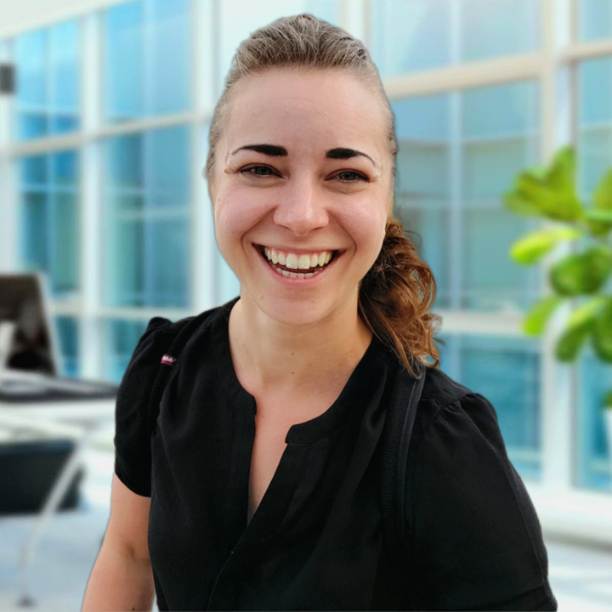
Renée Dumas
PROGRAM LEAD
Based at the University of Lethbridge
Renée provides project management, strategic planning, and stakeholder engagement to Campus Alberta Neuroscience from her base at the University of Lethbridge. She is passionate in supporting CAN’s mandate to increase the scope, scale, success, and impact of neuroscience and mental health research, education, and innovation in Alberta. She received her Bachelor of Science in Psychology and Master of Counselling from the University of Lethbridge. Her academic interests include the neurodevelopmental pathways to atypical behaviour, the neuropsychological effects of brain injury, and the processes of healing and change in the brain. Her time off is usually spent exploring the great outdoors by hiking, biking, climbing, running, or skiing; if you manage to catch her relaxing, you may find her in a hammock reading or telling a joke that may or may not actually be funny.

Jackie MacDiarmid
PROJECT MANAGER
Based at the University of Calgary
Jackie is a Project Manager for CAN. She has worked in mental health and substance use research across Canada and the United Kingdom, most recently as a consultant at the World Health Organization. Jackie has also held roles at both the federal and provincial levels of government in Canada and brings a passion for politics and public policy to CAN. Jackie holds a Bachelor of Arts in Political Science from the University of British Columbia and a Master of Public Health from the University of Edinburgh.
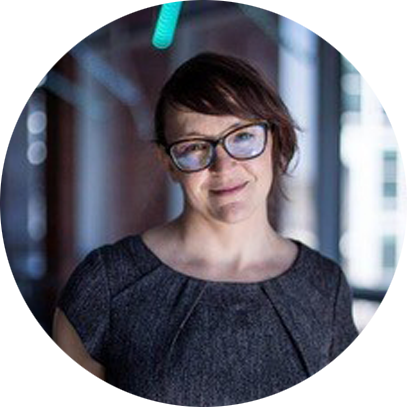
Jennifer Dotchin
ADVISOR
Based at the University of Calgary
Jennifer Dotchin is an Advisor for Campus Alberta Neuroscience. She is a certified Project Management Professional (PMP) and holds a Master’s degree in Political Studies. Jennifer’s collection of certifications include public relations, process improvement, change management, and evaluation. She brings over two decades of program, project and strategic management experience at local, regulatory, provincial, and national levels, spanning four continents. Jennifer shares her expertise in strategy and stakeholder engagement with her team to collaborate and support research, innovation and network development in the realms of neuroscience, mental health and entrepreneurship. On weekends, Jennifer can be found in the mountains with her son, or curled up with a book and her cat, Miyuki.

Nicole Hobbins
ADMINISTRATIVE ASSISTANT
Based in Calgary (Remote)
Nicole is a student at the University of Calgary, studying for her Master’s in Architecture. She holds a Bachelor’s degree in Chemical Engineering from the University of Alberta and another in Architecture from Athabasca University. Nicole’s role involves helping to promote CAN’s work and accomplishments, mainly through social media posts, graphics, and articles written for CAN’s Newsroom.

Emma Patchett
SUMMER STUDENT – LORAN SCHOLAR
Based in at the University of Calgary
Emma is studying Biomedical and Materials Engineering at McMaster University. She is passionate about human health and disease and has a keen interest in the diagnosis and treatment of neurological disorders. Her role at CAN involves supporting the implementation of CAN’s research support, education, and entrepreneurship programs.
OPPORTUNITIES
Thank you for your interest in Campus Alberta Neuroscience. We do not currently have any open positions.
